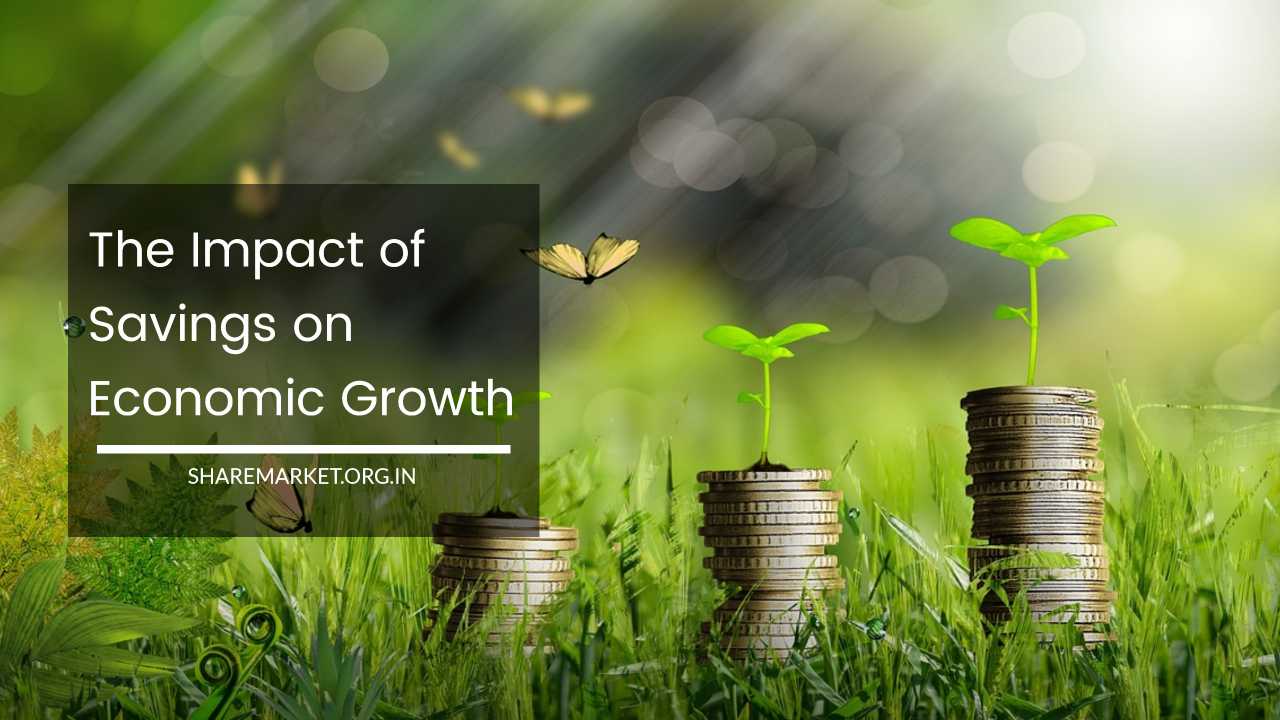The Impact of Savings on Economic Growth

Whatever amount we save, very few people probably know how useful it is for the development of our country.
Actually, as much as your savings are beneficial for you, they are more useful for the development of the country.
The greater the trend (tendency) of saving in banking institutions and government financial institutions in the country, the stronger will be the possibilities for the development of the country and the possibilities for economic growth and employment generation.
As provided, saving initiatives should be taken at every level, and wasteful expenditures should be reduced.
Many economic experts believe that wasteful expenditure is higher, investment is lower, and construction is lower, due to which employment is lower, and lower employment means lower income and poverty.
Thinking a little more deeply, whatever we save flows into the money market. Money is a liquid, like water, for example. When it flows from all four and meets together at one place, a big water body is formed.
Government Savings Have Decreased
According to Vaidyanathan, savings from household income are playing a huge role in capital formation in the country.
Because the share of savings being made by the government and private corporate sectors is very small, they contribute very little to capital formation.
Speaking of figures, the share of savings from household income in capital formation is 72 percent. In comparison, the share of savings made by the government in capital formation is just 4 percent.
On the other hand, the share of savings from the private corporate sector is 24 percent. That is, domestic savings play the biggest role in the country’s capital formation.
The Trend of Savings is Gradually Decreasing
Let us tell you that the trend of savings is gradually decreasing while wasteful expenditure has increased.
Wasteful expenditure, such as excessive expenditure on tobacco, and expenditure on such things that do not benefit anyone directly or indirectly, or say, such an expenditure that has little chance of being useful for development or public welfare going forward.
Your savings are useful not only for you but also for the welfare of society.
As per the data, the share of household savings was 90 percent in the year 2000–01. And now it has come down to 30.2% in March 2022.

















